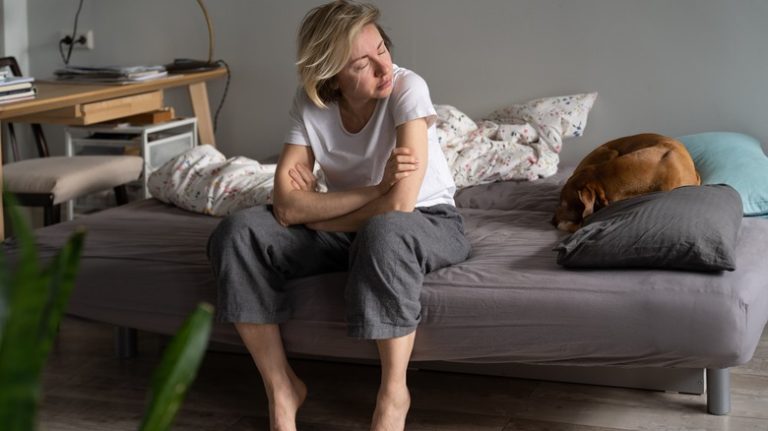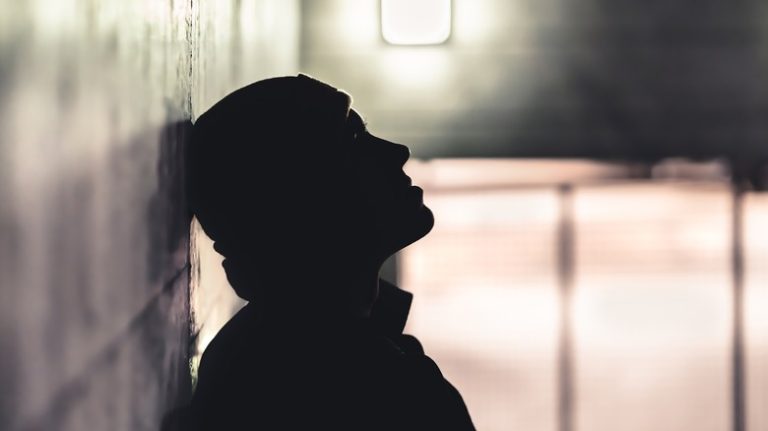A global pandemic, international conflict, and rising inflation — these are just some of the reasons why stress levels are spiking, according to a 2024 poll by the American Psychological Association. Throw in personal stressors like difficult family dynamics or moving, and stress can quickly pile up, even for those with the most robust psyches.
Stress can trigger an avalanche of physical and mental health issues, such as heart disease, weight gain, aches and pains, anxiety, and, most notably, depression (per Mayo Clinic). In particular, stressful events can sometimes cause situational depression, one of many types of depression. Just like in other depression disorders, Healthline says that the symptoms of situational depression can disrupt daily life and functioning, making it hard to focus at work or tend to family duties, for instance. However, the root of situational depression differs from major depression. Here’s what sets situational depression apart and the available treatment options.
How situational depression compares to clinical depression

According to WebMD, situational depression can look like clinical depression (also referred to as major depressive disorder). Symptoms include sadness, anxiety, hopelessness, trouble sleeping, irritability, and a loss of motivation or interest in regular activities. However, unlike clinical depression, situational depression is directly caused by a significant life stressor or traumatic event, and symptoms begin soon after the incident. Situational depression is often categorized as an adjustment disorder, and symptoms often improve with time (per PsychCentral).
Common causes of situational depression include death, divorce, violence, natural or human disasters, financial strain, or an illness (per Healthline). Even life milestones like retiring or having a baby can trigger situational depression. Additionally, pre-existing trauma or mental health issues may make some people more likely to experience the condition.
While situational depression is often milder and more easily resolved than major depression, MedicalNewsToday notes that it is still a real mental health disorder and can interrupt day-to-day life. If left untreated, it may even lead to clinical depression over time.
How to treat situational depression

Situational depression may not require treatment from a mental health professional in the way that clinical depression often does. WebMD suggests managing symptoms by talking to a trusted friend, meditating, exercising, following a healthy diet, and journaling. These are all activities that can be done without seeing a doctor.
However, these healthy habits can be difficult to maintain when mood and motivation are low. When situational depression is getting in the way of everyday life and well-being, additional forms of treatment can help. PsychCentral says that a combination of therapy, coping strategies, and medication can help people confront and, eventually, thrive after a traumatic event.
Talking to a doctor or mental health professional is the first step to creating an individualized treatment plan for when life events feel unbearable. Getting help can stop situational depression from developing into a chronic depressive disorder.
If you or someone you know needs help with mental health, please contact the Crisis Text Line by texting HOME to 741741, call the National Alliance on Mental Illness helpline at 1-800-950-NAMI (6264), or visit the National Institute of Mental Health website.








